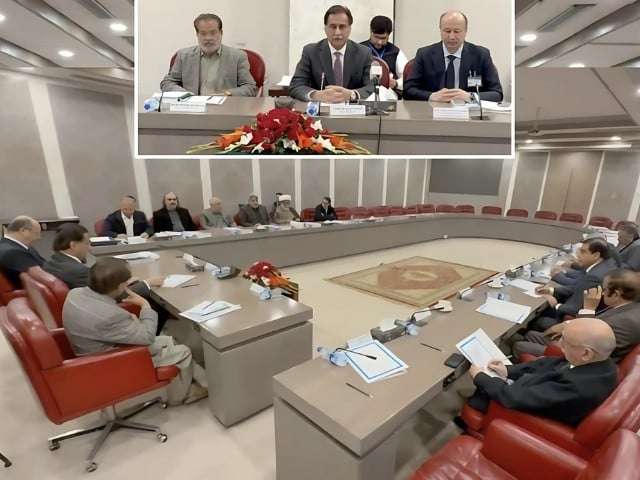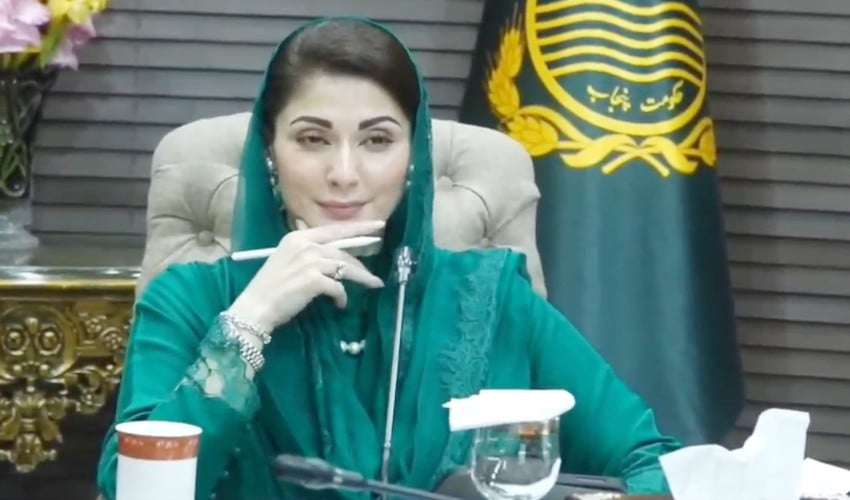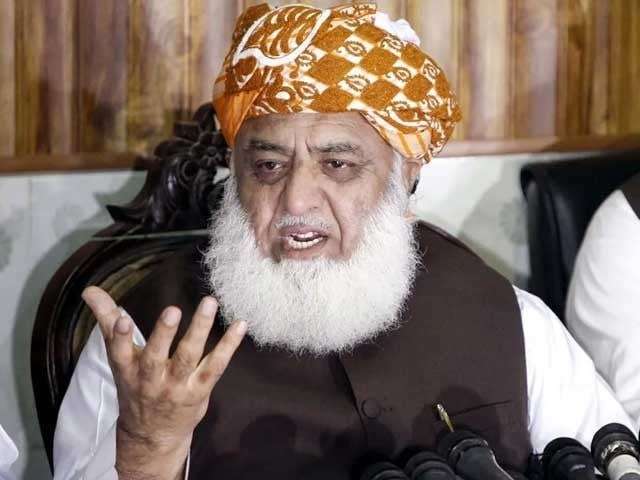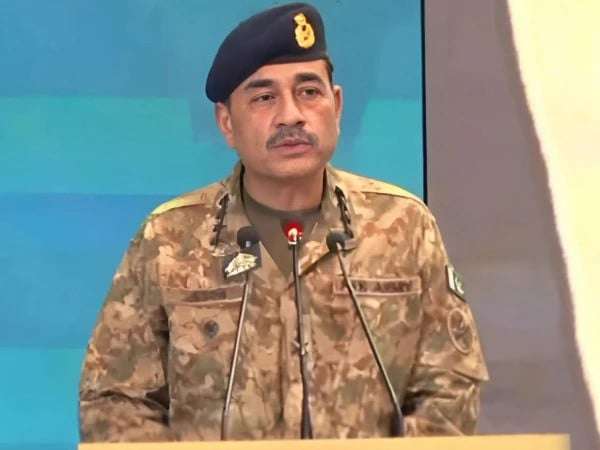Introduction to PTI’s Demands and Negotiation Process
The Pakistan Tehreek-e-Insaf (PTI) party has entered the second round of negotiations with the government, presenting two central demands that have been at the heart of its political agenda. These demands focus on the formation of a judicial commission to investigate the events of May 9 and November 26, as well as the release of political prisoners, with a particular emphasis on PTI’s founding chairman, Imran Khan.
This article provides a detailed breakdown of PTI’s key demands, the negotiation process, and the political landscape surrounding these talks. We will also delve into the implications these negotiations hold for Pakistan’s political future, as well as the stance of PTI and the government’s responses.
Key Demands of PTI in the Ongoing Negotiations
Judicial Commission for May 9 and November 26 Events
One of the primary demands presented by PTI during the talks is the formation of a judicial commission to investigate the violent protests and events that took place on May 9 and November 26. These events have been highly contentious and have caused significant political unrest in the country.
The May 9 protests were marked by violent clashes between PTI supporters and the police, and the November 26 sit-ins were aimed at putting pressure on the government to address PTI’s concerns. PTI argues that an independent judicial commission will ensure transparency and accountability in investigating the incidents, and hold those responsible for violence and damage accountable.
The government, on the other hand, has yet to give a definitive response to this demand, leaving many to speculate about the potential outcomes of such an investigation.
Release of Political Prisoners, Including Imran Khan
The second key demand made by PTI is the immediate release of political prisoners. This includes not only Imran Khan, the party’s founding chairman, but also other detained PTI leaders and workers who have been arrested during the political unrest that has followed PTI’s protests.
Imran Khan’s arrest has been one of the most contentious issues in Pakistan’s recent political history, with PTI supporters claiming that his detention was politically motivated. The release of political prisoners remains a top priority for PTI, as the party believes that their detention is an attempt to suppress their political voice.
PTI’s Position on the Talks Process
During the ongoing talks, PTI leaders have reiterated their position that these two demands must be addressed before any meaningful progress can be made in the negotiation process. According to Asad Qaiser, a senior PTI leader, the party will listen to the government’s side of the argument but remains firm on its stance regarding these key issues.
Sulaiman Akram Raja, another prominent PTI figure, emphasized the party’s commitment to pushing for these demands, and stated that PTI’s position is non-negotiable.
The Role of Imran Khan in the Negotiations
Imran Khan’s involvement in the negotiations, despite being in prison, has played a crucial role in shaping PTI’s stance. Imran Khan sent a clear message to his party members that the release of political prisoners, including himself, is a non-negotiable issue.
During a meeting with Barrister Ali Zafar and Suleman Akram Raja, members of PTI’s negotiation committee, at Rawalpindi’s Adiala Jail, Imran Khan instructed the committee not to succumb to any pressure from the government regarding the release of political prisoners. His directive has reaffirmed PTI’s hard-line position and set the tone for the ongoing dialogue.
PTI’s Negotiation Committee and Key Participants
PTI Delegation and Leading Figures
The PTI delegation at the second round of talks included several key party figures, including Omar Ayub, Raja Nasser Abbas, Asad Qaiser, Sahibzada Hamid Raza, and Salman Akram Raja. These representatives are crucial in presenting PTI’s demands and negotiating with the government on behalf of their party.
Khyber-Pakhtunkhwa Chief Minister Ali Amin Gandapur also joined the delegation shortly after the meeting commenced, underscoring the importance of these talks for PTI’s future strategy.
Government Representatives and Negotiators
The government’s negotiation committee is being led by Sardar Ayaz Sadiq, Speaker of the National Assembly, and includes key figures from the ruling coalition, such as Foreign Minister Ishaq Dar, PML-N leaders Irfan Siddiqui and Rana Sanaullah, and PPP leaders Raja Pervaiz Ashraf and Naveed Qamar.
Additionally, Aleem Khan, Farooq Sattar, Ejaz-ul-Haq, and Khalid Magsi are also part of the government team, ensuring a broad representation of the ruling parties in the talks.
The Talks Process and Challenges
Although the first round of talks showed some signs of progress, PTI leaders acknowledged that the negotiations could be prolonged. According to Asad Qaiser, the process has thus far seen limited progress, but PTI remains hopeful that a breakthrough can be achieved.
The talks are being conducted at Parliament House, with both sides making efforts to present their cases while maintaining a diplomatic tone. However, the discussions have also been marked by political tensions, with PTI pushing for significant changes in the political status quo.
The Future of the Talks and Potential Outcomes
The ongoing political dialogue between PTI and the government is shaping up to be a pivotal moment in Pakistan’s political landscape. The success or failure of these negotiations will determine the direction of the country’s democracy and political future.
If the government agrees to PTI’s demands for a judicial commission and the release of political prisoners, it could signal a major shift in the political dynamics of Pakistan. However, given the complexity of the issues at hand, it is unclear whether a resolution will be reached in the near future.
5 FAQs about PTI’s Demands and Negotiations
1. What is PTI’s demand for a judicial commission?
PTI is demanding the formation of an independent judicial commission to investigate the events of May 9 and November 26, particularly the violent protests and sit-ins that disrupted the country’s political stability.
2. Why is the release of political prisoners a key issue for PTI?
PTI views the release of political prisoners, including its chairman Imran Khan, as a critical step toward resolving the political crisis and restoring its party’s leadership and democratic rights.
3. Who is involved in the negotiations between PTI and the government?
The negotiations are being conducted between PTI representatives, such as Omar Ayub and Asad Qaiser, and government officials, including Ishaq Dar, Rana Sanaullah, and Raja Pervaiz Ashraf.
4. How has Imran Khan’s position affected the negotiations?
Imran Khan’s clear stance on the release of political prisoners has reinforced PTI’s demands and added pressure on the government to address this issue.
5. What are the potential outcomes of these negotiations?
If successful, the negotiations could lead to the establishment of a judicial commission and the release of political prisoners, potentially easing political tensions in the country.
Conclusion: A Critical Moment for Pakistan’s Politics
As the second round of negotiations between PTI and the government continues, all eyes are on the outcome of these talks. PTI’s demands for a judicial commission and the release of political prisoners represent a major turning point in the country’s political crisis, and how the government responds to these demands will shape the future of Pakistan’s political stability.



